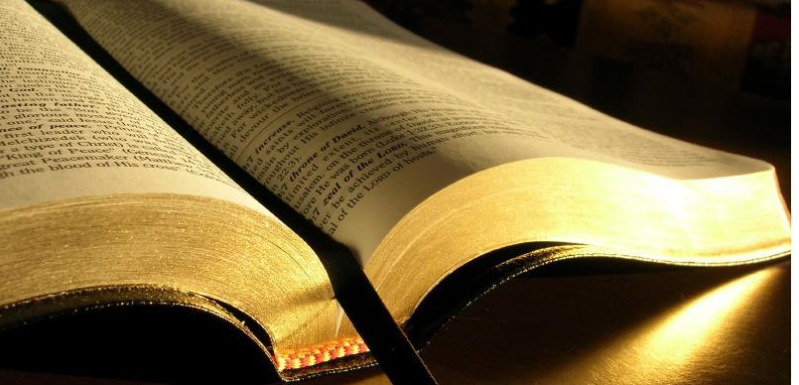
A surprising new survey from LifeWay Research found that while the majority of pastors in the United States consider Islam dangerous, a "small but increasing segment" believe Islam is "similar to Christianity."
According to the report, which looked at 1,000 Protestant pastors, 17 percent of pastors characterize Islam as similar to Christianity -- nearly double the 9 percent from five years earlier.
"To understand the data, you have to understand that Protestant pastors are not of one mind," said Ed Stetzer, executive director of LifeWay Research, "And minds are changing in more than one direction."
"Furthermore, it is worth noting that while pastors appear to be increasingly familiar with Islam," said Stetzer, "the same large majority recognizes unmistakable differences between Islam and Christianity."
The survey also found that 50 percent of pastors now say Islam "promotes charity" (up from 33 percent); 32 percent describe Islam as "spiritually good" (up from 19 percent); 24 percent describe Islam as "tolerant" (up from 16 percent); and 22 percent describe Islam as "open" (up from 12 percent).
However, when asked which of two well-known descriptions is closer to their beliefs, 59 percent of evangelical pastors choose evangelist Franklin Graham's characterization of Islam as "a very evil and a very wicked religion," while 51 percent of mainline pastors choose former President George W. Bush's comment, "the Muslim faith is based upon peace and love and compassion."
"While these quotes are hardly new, they still embody opposite perspectives held by different theological groups of Christian leaders," said Stetzer.
The report also found a disparity between the views of pastors and the general public: LifeWay conducted "a parallel survey of 1,000 Americans," in which more than a third say the two faiths are similar, making them twice as likely to see similarities between Islam and Christianity.
"Overall, Americans tend to be more sympathetic than pastors toward Islam. They are less likely than both mainline and evangelical pastors to view Islam as dangerous, violent, or spiritually evil," the report notes.
Despite this, egative opinions are also on the rise, as an increasing majority thinks Islam is "dangerous," "promotes violence" and is "spiritually evil."
"While 31 percent of Americans say Islam is tolerant, almost as many (26 percent) say it promotes violence. Equal numbers find Islam to be dangerous and open (29 percent each)," the report reads.
The public's impression of Islam and Christianity in part reflect comments made by U.S. President Obama made regarding the two religions during the 64th National Prayer Breakfast in Washington, D.C. in February.
"We see [the Islamic State terrorist group,] a brutal vicious death cult that in the name of religion carries out unspeakable acts of barbarism," the President said, criticizing the group for "claiming the mantle of religious authority for such actions."
He added, "Unless we get on our high horse and think this is unique to some other place, remember that during the Crusades and the Inquisition, people committed terrible deeds in the name of Christ. In our home country, slavery and Jim Crow all too often was justified in the name of Christ."
In turn, Rev. Franklin Graham, who in April was ranked the most influential Christian leader in the U.S., issued a bold response: "Many people in history have used the name of Jesus Christ to accomplish evil things for their own desires," he wrote in a Facebook post.
"But Jesus taught peace, love and forgiveness," the 64-year-old evangelist continued. "He came to give His life for the sins of mankind, not to take life. Mohammad on the contrary was a warrior and killed many innocent people. True followers of Christ emulate Christ -- true followers of Mohammed emulate Mohammed."






